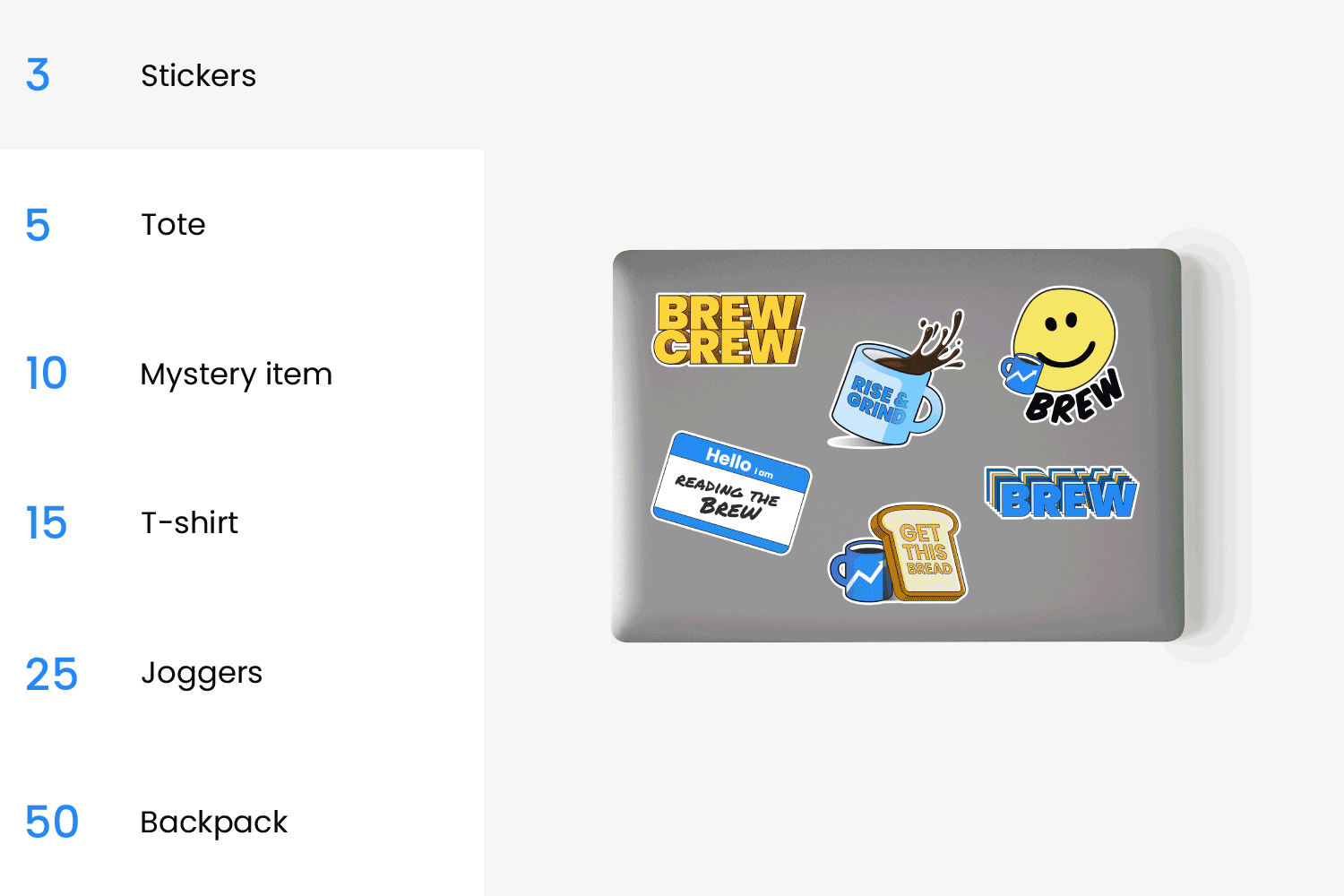Alyssa Nassner
The return to the office has brought with it the return of desk salads, breakroom banter, and even office romances.
Some 29% of employees say they have had an office romance since returning to a physical work environment, according to a recent Resume Builder survey of 1,448 workers aged 18 to 44 at companies that have implemented an RTO policy requiring at least one day in office. Resume Builder found that 58% of the employees they surveyed who are currently in a relationship with a coworker have not disclosed it to HR.
With the potential for scandal—said in our best Lady Whistledown accent—in the workplace, HR might want to prioritize offering employees a refresher course on their office romance policies now that RTO is in full swing.
Policies around workplace romances can include avoiding a superior/subordinate entanglement, avoiding dating within your team or department, and implementing other checks and balances so nobody is playing favorites, Julia Toothacre, résumé and career strategist with Resume Builder, told HR Brew. An outright ban on office romances, however, likely isn’t the best approach.
Keep reading here.—AS
|
|
PRESENTED BY CAREERBUILDER
|
Manual screening is a thing of the past now that AI has entered the HR space. We teamed up with CareerBuilder to learn how automation is transforming recruitment for hiring managers and candidates alike.
In a survey of hiring managers and HR decision-makers, CareerBuilder and Morning Consult found that 50% think AI speeds up the hiring process. How? HR teams are using automation to streamline manual processes, including:
- screening large groups of candidates
- analyzing resumes and applications
- scheduling interviews
And that’s just the beginning. Learn how HR pros are using automation, how candidates are affected, and what the future of recruitment holds in our article with CareerBuilder.
Get the scoop.
|
|
Hannah Minn
Many companies have, in recent years, taken stances both internally and publicly on sociopolitical events, from the 2020 police murder of George Floyd to the Supreme Court ruling that overturned Roe v. Wade. And they’re not about to stop, according to a University of South Carolina survey of 171 CHROs in the US between May and June 2023.
Most CHROs (70%) surveyed plan to continue making statements as much as they do now, the report found. However, 26% said they’ll reduce their frequency.
The CHROs surveyed said pressure to make a statement on a particular issue comes largely from employees, followed by professional associations and customers. Previous research has found that employees who are female, Black, Hispanic, and Gen Z or millennial are more likely to feel supported at work when their employer speaks publicly on a political issue that impacts them, a 2023 Glassdoor survey found.
“There was certainly a long belief that companies should or better not to say anything…Their role has historically been to serve shareholders,” Anthony Nyberg, a management professor at the University of South Carolina and coauthor of the report, said. “Now we’re seeing that employees are a little more restless and want a little more action, at least in opinion from their senior leaders.”
Keep reading here.—KP
|
|
Nuthawut Somsuk/Getty Images
Better benefits or buh-bye. That’s the mindset of the 53% of employees surveyed for the 2023–2024 Aflac WorkForces Report who said they would likely take a lower paying job for a more robust benefits package.
Sandy Kenslow, VP and director of small group benefits at Mylo, works closely with the insurance solutions provider’s employer clients. Since joining the company four years ago, Kenslow said many of her clients have asked about which benefits will address their employees’ top concerns.
For many, that includes family planning. “We’re seeing questions around a family journey support [benefits and] what kind of products are out there to help from preconception all the way to menopause,” Kenslow told HR Brew. “You’re seeing a whole lifetime care type of approach.”
Zoom out. Some 61% of employees who received fertility benefits from their employer said they feel a greater sense of loyalty to their organization, according to the 2020 FertilityIQ Workplace Index.
Keep reading here.—AS
|
|
|
Backup for background checks. Nearly half of employers aren’t sure if their background checks comply with federal, state, and local laws. (Yikes.) Checkr’s first-ever State of Screening report surveyed 1k non-Checkr customers to get a snapshot of compliance concerns and challenges. Read the report + start screening your screening process.
|
|
Francis Scialabba
Today’s top HR reads.
Stat: Nearly two-thirds of California’s early childcare workers are women of color, but they earn less and hold lower titles than their white counterparts. (the Los Angeles Times)
Quote: “How many TikToks do you see of people being pumped about work? There’s a negative sentiment about work, and it comes down to being forced to come to the office, bad work conditions, and limited pay.”—Dan Schawbel, future-of-work expert and managing partner at Workplace Intelligence, on how RTO mandates are disrupting workers’ lives (Business Insider)
Read: Fear of AI should not be used to motivate workers. (Fast Company)
Degrees of success: Businesses need well-trained, agile HR leaders more than ever. Earn your online master’s degree in HR management from Georgetown University. Learn about the program and apply here.* *A message from our sponsor.
|
|
|
Share HR Brew with your coworkers, acquire free Brew swag, and then make new friends as a result of your fresh Brew swag.
We’re saying we’ll give you free stuff and more friends if you share a link. One link.

Your referral count: 2
Click to Share
Or copy & paste your referral link to others:
hr-brew.com/r/?kid=9ec4d467
|
|
|









